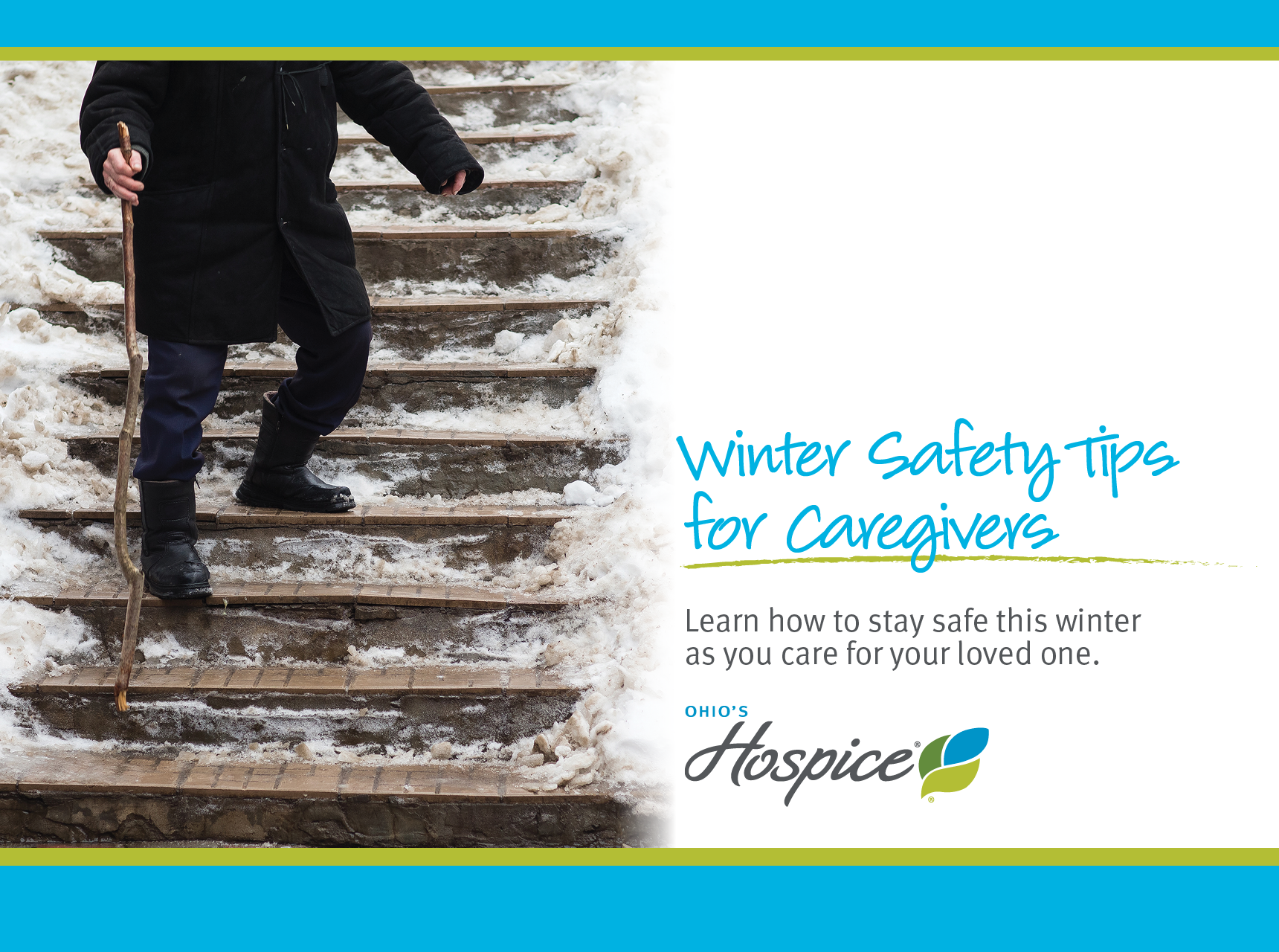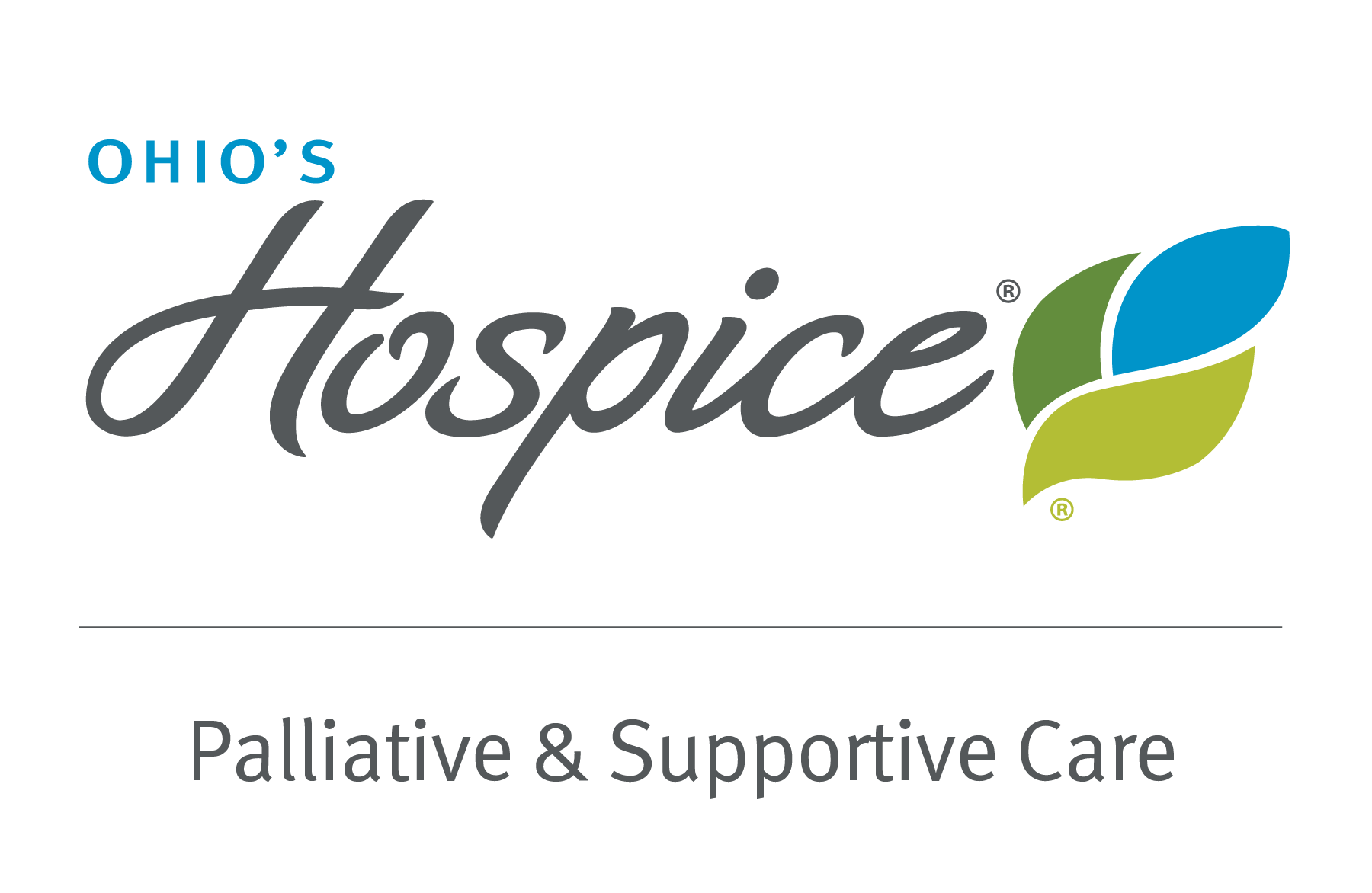
Winter Safety Tips for Caregivers and Families
The winter months can bring additional challenges for the health and safety of caregivers and their loved ones as snow, ice and cold temperatures blanket Ohio. For caregivers, the safety of their loved one is a top priority. These winter safety tips from the Centers for Disease Control and Prevention, The National Safety Council, and Care.com will help to keep you and your loved ones safe throughout the season.
- Fight the wintertime blues by checking in on friends and loved ones often. It can be difficult or dangerous to get around, leading to feelings of loneliness and isolation. A short phone call or video call can make a big difference on days when travel is not safe.
- Dress in layers and wear appropriate outdoor clothing. Be sure to wear gloves, hats, scarves and boots when going outdoors. Choose practical footwear with good traction.
- Avoid icy and snow-covered sidewalks where slipping is likely. Salt, sand, and kitty litter can increase traction on your sidewalks and driveways.
- Be prepared for inclement weather. Store extra batteries and candles in your home to prepare for winter storms. To prepare your vehicle for winter emergencies, keep your gas tank above half a tank, use winter formula windshield wiper fluid, and prepare an emergency kit including blankets, flares, maps, a flashlight, and a first aid kit.
- When you are traveling, be aware of current and forecasted weather conditions. Avoid non-essential travel when the National Weather Service has issued advisories. If you must travel, inform a friend or loved one of your proposed route and the expected time of arrival.
- Have a professional inspect and clean your heating system and chimney and ensure your carbon monoxide detectors are operational.
- Take care of yourself! Exercise and eat healthy food to keep your immune system running effectively to fight disease. Avoid injuries by dressing warmly and taking your time. Do not skip doctor’s visits.
- If you do not feel well, stay home and care for yourself before tending to your loved ones. This will limit the spread of illness to your loved ones or other caregivers.
The most important tip to keep in mind is to ask for help when needed. For example, if you need assistance to clear snow and ice, do not hesitate to ask a neighbor, relative, or hire a professional. Winter can pose additional challenges, but with planning and awareness, you will stay healthy and experience the blooms of springtime soon.

